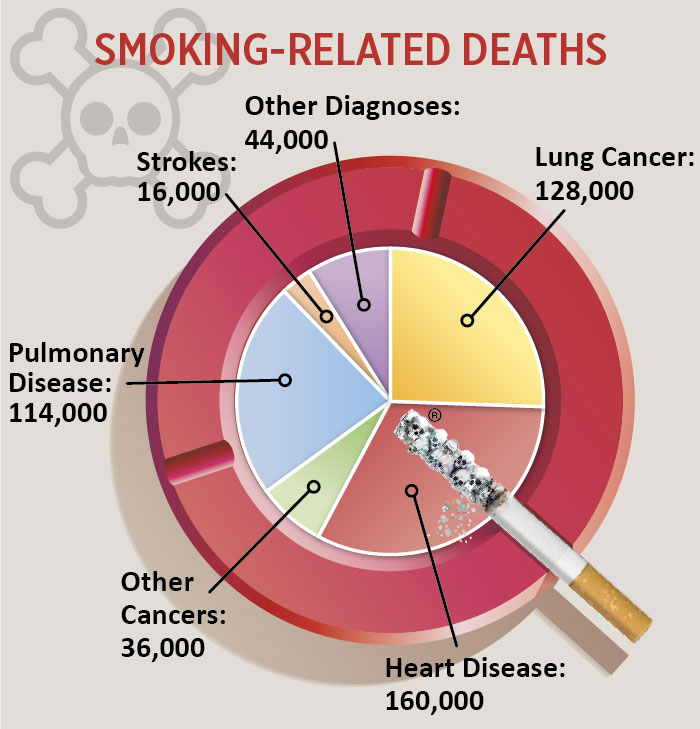There are many ways to quit smoking, which include using nicotine replacement therapy (NRT),
counseling and support, medications, and behavioral therapy. The use of antidepressants for
quitting smoking has been studied extensively. The research suggests that these drugs can
help in reducing the withdrawal symptoms and cravings for cigarettes.
Bupropion (Zyban)
Bupropion hydrochloride (or Zyban) was originally used in the United States as an
antidepressant. Doctors then realized that this drug removed the urge to smoke in some
patients.
Since then, scientific studies have demonstrated the effectiveness of this product in quitting
smoking. This drug, like varenicline, is intended for smokers who are very addicted to tobacco. It
is strongly advised not to use this medication in case of hypersensitivity to the product, serious
eating disorder or alcohol withdrawal.
Advantages:
Bupropion reduces the pleasure of smoking, withdrawal symptoms and limits weight gain.
Disadvantages:
25 to 35% of patients taking this drug experience insomnia.
This drug is very little prescribed in France because it is not reimbursed. It works as well as
nicotine substitutes, but it seems to be a little less effective than Champix.
It should be noted that nicotine substitutes, like varenicline and bupropion, reduce the weight
gain that can occur when quitting cigarettes.
It is essential that smokers know that smoking cessation is a long process, which can last
several months with ups and downs. In addition, it is important that the treatments mentioned
are taken long enough, that is to say at least 5 weeks, and preferably for a few months.
E-cigarettes
The effectiveness of electronic cigarettes in smoking cessation has not yet been directly
demonstrated. But according to the latest work of the High Council of Public Health, it can
however be a help to stop or reduce tobacco consumption.
Advantages:
The use of the e-cigarette (vaping) combined with the total cessation of tobacco, reduces the
risk of developing tobacco-related diseases, such as cancers, respiratory or cardiac disorders.
Disadvantages:
The majority of users continue to smoke cigarettes in parallel, in addition to vaping. This dual
use probably does not reduce the risks associated with tobacco. The objective must remain the
total cessation of cigarettes. The electronic cigarette is certainly less toxic than the cigarette,
however, its recent advent does not allow to say if its use involves health risks or not.
If the electronic cigarette is recognized as a tool for reducing the risks associated with tobacco,
its effectiveness in smoking cessation has not yet been formally demonstrated. Similarly, its
recent advent does not make it possible to say whether its use involves health risks.
The electronic cigarette is a good nicotine substitute, which ensures better absorption of
nicotine than gum or lozenges because the vapor descends into the lungs. On the other hand,
we do not have data on its possible undesirable effects, for the simple reason that the electronic
cigarette is considered as a consumer product and not as a medical device and therefore the
manufacturers do not have the obligation to study its risk- benefit ratio, as drug or health product
manufacturers must do.


Leave a reply